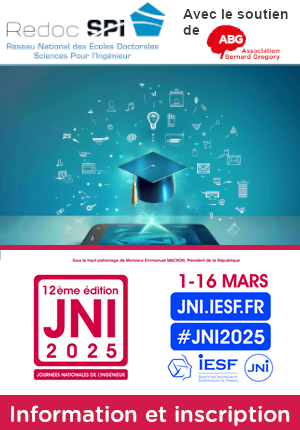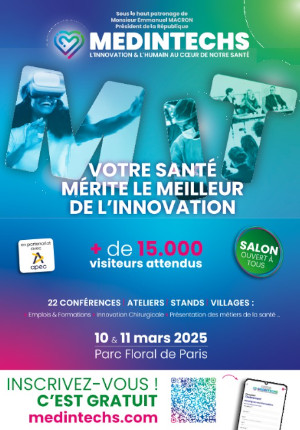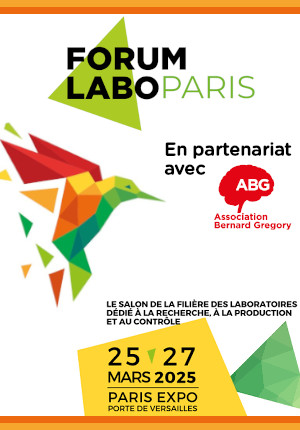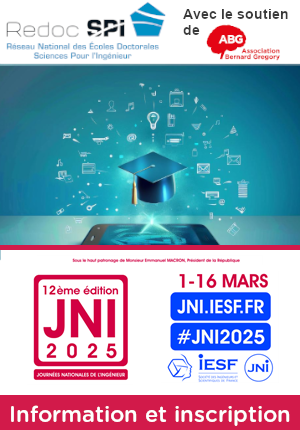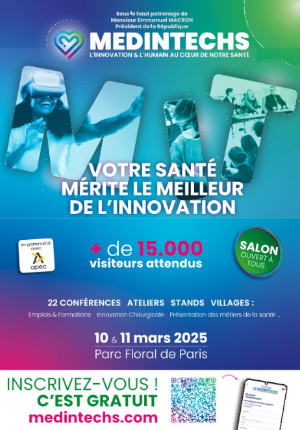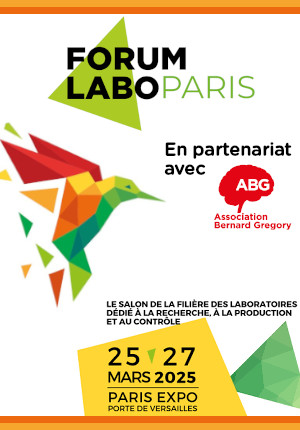Study of carbon diffusion and interface phenomena during SPS process.
| ABG-128423 | Master internship | 3 months | 670 euro |
| 2025-02-08 |
- Materials science
Employer organisation
Le laboratoire Interdisciplinaire Carnot de Bourgogne (ICB), Unité Mixte de Recherche CNRS compte 300 physiciens, chimistes, ingénieurs et techniciens implantés en Bourgogne-Franche-Comté, sur les sites de Dijon, Le Creusot, Chalon-sur-Saône et Belfort (Sévenans). Ils y développent de nouvelles fonctionnalités en optique et pour les matériaux du futur, à destination d’applications dans l’industrie (photonique, métallurgie, industrie 4.0,…), la médecine, les communications optiques à haut débit, le traitement de l’information à une échelle nanométrique, l’énergie et les technologies quantiques.
Description
The improvement of the durability properties of metal parts is a major issue for many industrial sectors, such as aeronautics, aerospace, military, etc. The choice of the manufacturing process directly influences the microstructure and, therefore, the properties of the metallic alloys. The elaboration of metallic parts by pressure-assisted sintering processes, such as spark plasma sintering (SPS), represents a relevant way to explore as an alternative to conventional manufacturing processes (casting, forging, or machining)[1]. During SPS, the powder inserted in a mold is densified by the simultaneous application of heating (via an electric current) and pressure (via a uniaxial charge). This fast sintering limits grain growth[2]. SPS makes possible, in a single stage, the elaboration of high-performance materials and structural elements, with improved mechanical properties[3], even if in the case of parts having large sizes and/or complex shapes[4]. The SPS process requires the use of graphite tooling (punches and die). As a consequence, one of the major issues is the carbon contamination of the metallic powder. In addition, graphite foils are inserted between the powder and the surfaces in contact with the tooling[5] to ensure a good electric, physical, and thermal contact of the tooling-powder assembly[6], but also to facilitate the sample demolding and to preserve the tooling. Whatever the used grade and the intended application, carbon contamination of the metallic powder during SPS must be considered and given special attention. One of the aims of the ANR OEDIPUS project (ANR-23-CE08-0028) is to develop physical vapor deposition (PVD) barriers against carbon diffusion during SPS process. In the present project, a PVD coating of a pure element or an alloy will be deposited on the graphite foils to limit carbon diffusion.
The objective of the internship, which is part of the ANR OEDIPUS project, will be to study the diffusion phenomena occurring during the SPS process at the interface between the PVD-coated graphite foil and the metallic powder (pure iron). In addition, the effect of ball milling on diffusion phenomena will also be investigated. It is expected that the mechanical activation of the powders before sintering will allow the sintering temperature to be lowered and, consequently, limit carbon diffusion.
The internship will take place at the ICB laboratory (Dijon). Sintering experiences will be performed within the CALHIPSO/EQUIPEX+ platform (ANR-21-ESRE-0039). Microstructural, chemical, and mechanical characterizations (optical microscopy, SEM-EDS, XRD, microhardness, etc.) will be carried out within the ARCEN-CARNOT platform.
[1] H.W. Zhang et al., Scripta Mater. 53 (2005) 863-868
[2] P. Angerer et al., Mater. Sci. Eng. A 381 (2004) 16-19.
[3] A. Bolsonella et al., J. Alloys Compd. 856 (2021) 157869.
[4] S. Akhtar et al., Mater. Today Proc. 5 (2018) 18649-18655.
[5] M. Moser at al. Metals 10 (2020) 948-965.
[6] K. Vanmeensel et al., Acta Mater. 53 (2005) 4379-4388.
Profile
Etudiant en M1 ou M2 ou école d'ingénieur. Connaissance en métallurgie et physico-chimie des matériaux.
Starting date
Vous avez déjà un compte ?
Nouvel utilisateur ?
Get ABG’s monthly newsletters including news, job offers, grants & fellowships and a selection of relevant events…
Discover our members
 Groupe AFNOR - Association française de normalisation
Groupe AFNOR - Association française de normalisation  MabDesign
MabDesign  TotalEnergies
TotalEnergies  PhDOOC
PhDOOC  Généthon
Généthon  Tecknowmetrix
Tecknowmetrix  ONERA - The French Aerospace Lab
ONERA - The French Aerospace Lab  SUEZ
SUEZ  Aérocentre, Pôle d'excellence régional
Aérocentre, Pôle d'excellence régional  MabDesign
MabDesign  Laboratoire National de Métrologie et d'Essais - LNE
Laboratoire National de Métrologie et d'Essais - LNE  Institut de Radioprotection et de Sureté Nucléaire - IRSN - Siège
Institut de Radioprotection et de Sureté Nucléaire - IRSN - Siège  ADEME
ADEME  CESI
CESI  Nokia Bell Labs France
Nokia Bell Labs France  Ifremer
Ifremer  Institut Sup'biotech de Paris
Institut Sup'biotech de Paris  ANRT
ANRT  CASDEN
CASDEN



